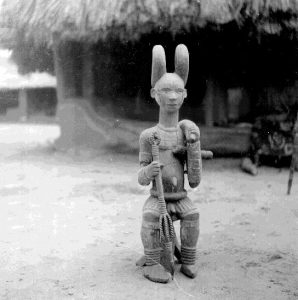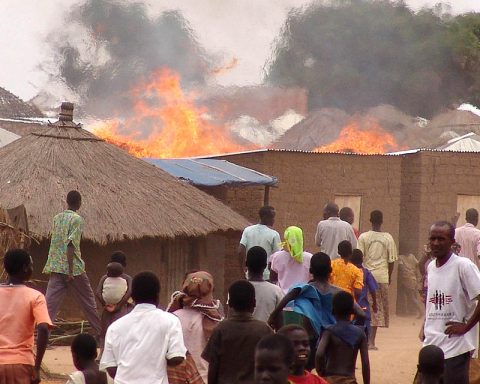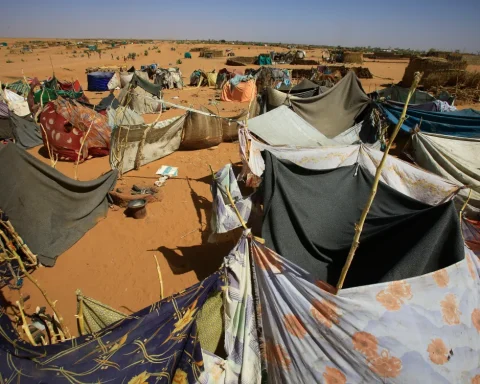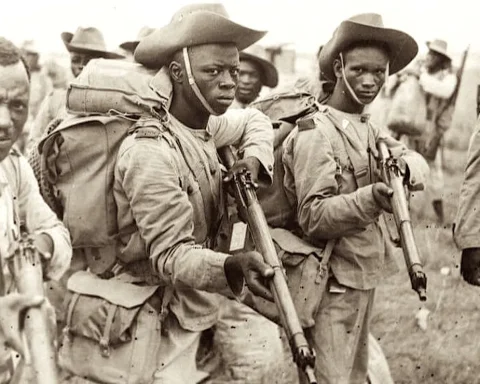
The applause from my tiny iPhone speaker was loud enough for anyone close to me to hear, the grin plastered on my face as I fixed my gaze on the device could spark curiosity in anyone who paid any attention to me.
‘What’s that?’ Bella asked
‘Magic show,’ I answered.
Bela was a co-worker at my little office in Pennsylvania, and she was the most curious and into your business of all the other co-workers.
But, sometimes, I find her curiosity to be a good thing as displayed in her genuine interest to listen when she asks a question.
‘Do you think magic is real?’ She asked.
‘No’
‘So, all that sword disappearing and what not is all but natural?’
‘Yes,’ I said. ‘It is an illusion designed to obscure the things you see only to what the magician wants you to see.’
‘I see,’ She said ‘Okay. What about African Voodoo, juju, and black magic?’
‘There is no such thing as African voodoo, juju, and black magic’ I said with a bit of a stern face, these terms, I have always found offensive.
‘So, you are saying, Africans don’t practice magic?’ She asked, unperturbed by the growing discomfort she was causing me.
‘Yes. Africans are truly spiritual people, but they don’t practice magic.’
Like Bella, my co-worker, the misconception about African spirituality and traditional practices is something most people in the world buy into even African Americans. The misrepresentation and, most times, willfully distortions to promote a false narrative designed to discredit and dilute the profound meaning of African spirituality.
All over the world today, people, maybe unknowing to the condescending or derogatory nature of these terms, refer to African spirituality as Black Magic, juju, or Voodoo.
There is no such thing. There is no magic in traditional African practices, and terms such as Black Magic, etc. about this ancient spiritual practice is all but insulting.
The Africans traditional belief, fundamentally, is about oneness with everything in existence. The spirituality of African tradition personifies the elementary natural forces or spirits.

A deep relationship with nature facilitates respect and understanding of its secrets. Exemplified in the ancient art of rainmaking; One may see rainmaking as another subtle art of deception conceived to confuse you in undeserved awe. But this is incorrect. Rain-making is a spiritual practice that demonstrates the belief that nature, when correctly understood and implored, will always work in complete harmony with the humans who respect it because humanity is an essential part of the natural oneness.
It was never through African history (Sub-Saharan Spirituality) to incur awe in unsuspecting people. Rainmaking is sacred and is often only used to facilitate the wellbeing of the people whose primary means of livelihood were often than not tied to the earth.
I see today the false representation of African spirituality in movies, novels, or even shows, a disrespectful depiction that shows what can best be described as a shallow caricature of a concept so profound and intricate.
Traditional use of talisman, images for worship in African spirituality is a practice of a symbolic nature. These statues, images, trees, or talisman are not worshipped; they represent a physical depiction of a more spiritual force. The essence of the power is transcendent, immaterial, the use of material symbols is to incorporate a semblance of direction and to utilize visual symbolism as an effective method of spirituality.
You must, as a person of African descent and roots, reject the oversimplified and blatantly untrue representation of African spirituality and resist the ascription of misrepresenting names such as Juju, Voodoo and Black Magic.





